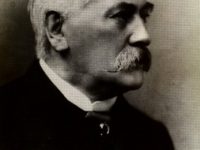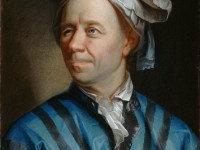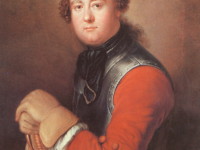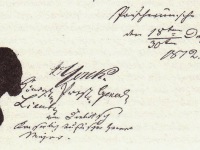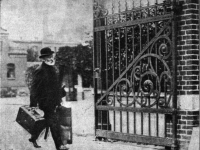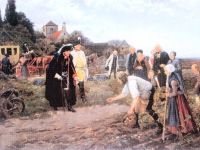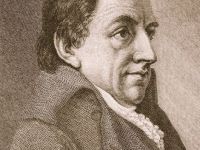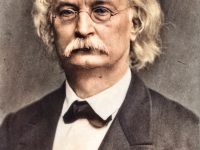Karl Friedrich Schinkel and the Prussian City Scapes
On March 13, 1781, Prussian architect, city planner, and painter Karl Friedrich Schinkel was born, who was one of the most prominent architects of Germany of the neoclassical and neogothic epoch. He shaped the city scapes of Berlin and Potsdam with his neoclassical buildings and palaces. “Phlegm, whether physical or mental, is a sinful state for the one who lives in times of education.” — Karl Friedrich Schinkel Karl Friedrich Schinkel –…
Read more


